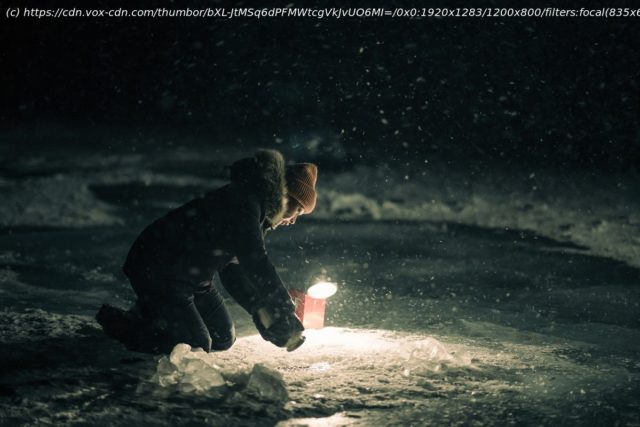What True Detective’s fourth season gets wrong about True Detective.
To be a True Detective fan is to wrestle with uncomfortable contradictions. The first season is both a masterpiece of cosmic horror noir and a piece of art that feels like it was created not just by, but for men. It was a gritty treatise against toxic masculinity that still dehumanized women and ultimately reified the very thing it attempted to deconstruct.
All of these uneasy truths loom large over season four, True Detective: Night Country, 10 years after its progenitor. Every succeeding season of this anthology series has occupied a lose-lose position simply by not being season one. But season four, by virtue of being centered around two women — a local chief of police (Jodie Foster) and a state trooper (Kali Reis) trying to solve a mysterious set of murders in the unforgiving Alaskan north — has simultaneously raised the stakes for the series and revived all of True Detective’s messy paradoxes.
To many among True Detective’s original fanbase, outrage at the second goal has precluded an objective view of how well it’s succeeding at the first. By the same token, many longtime fans are so eager to see the second project succeed that they’re quick to dismiss all critiques of season four’s creative aims as pure misogyny.
These seem like unbridgeable positions. But there’s unfortunately a third view: that Night Country’s creative flaws ultimately torpedo its efforts at feminist reclamation, shifting the season finale away from a compelling cosmic mystery and toward a hamfisted Me Too revenge plot that leaves a comic number of plot points unresolved and arguably weakens the whole series.
(Note: Spoilers for Sunday’s season four finale abound.)Season Four’s clunky writing and direction never got what made True Detective work
Still, anchored by Mahershala Ali’s pitch-perfect turn as an aging detective who spends decades trying to solve a cold case, season three really clarified the True Detective formula: A labyrinthine mystery driven by deep characterization, replete with hints of a dark otherworldly version of reality, filmed with an attention to aesthetics, and written with a certain literary flourish. Perhaps most of all, True Detective has to have a philosophy — a commitment to engaging with those eldritch horrors, if only to nod to them and be on your way.
Like season one, the finale brings us to a literal labyrinth, this time deep in the ice caves beneath Ennis. López has exchanged the Yellow King for an unnamed divine feminine spirit, perhaps Sedna or Mother Nature. (There’s also a tongue-in-cheek reference to the “Blue King” crab company throughout.
Home
United States
USA — mix An attempt to reckon with True Detective: Night Country’s bonkers season finale






